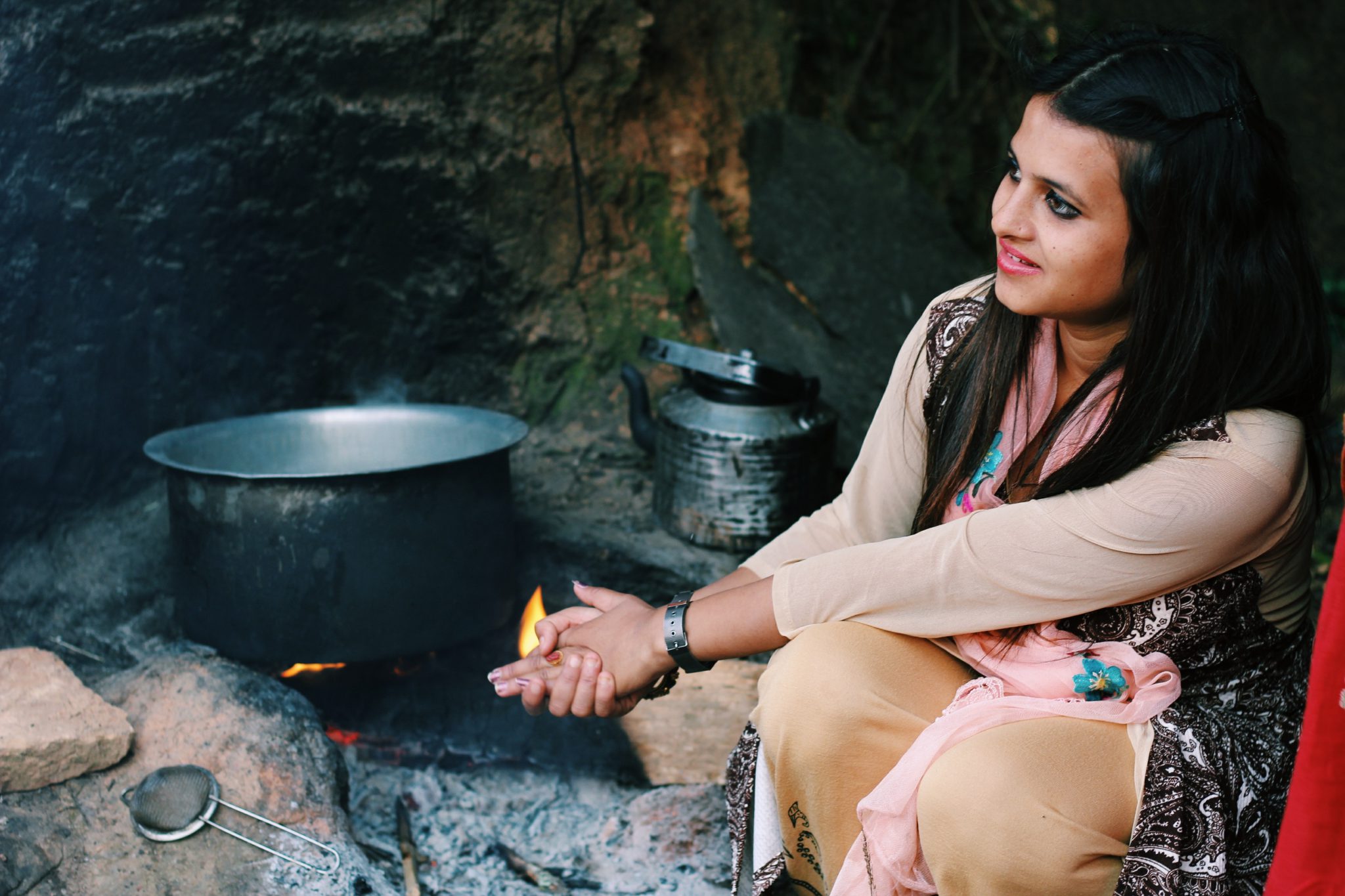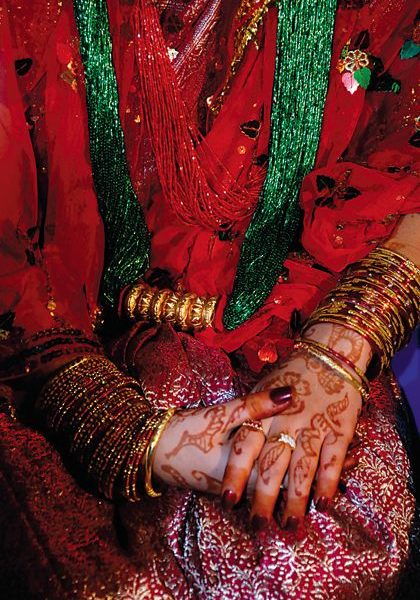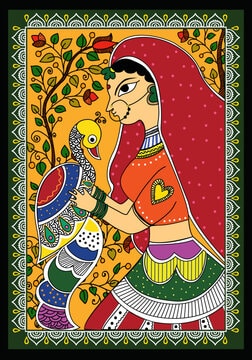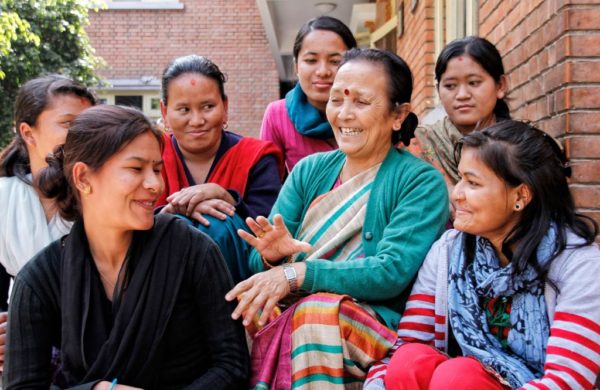A country with geographical and cultural diversity followed by unique unity in diversity represents the rare identity of Nepal. But natural human gender diversity is still not shadowed under a common umbrella of equality.
The contradiction to maintain the status of women in Nepal and the balance between the reliable modern culture of gender equality and provocative ancient masculine tradition gives a transparent vision creating an inhabitable issue of today’s Nepalese society. Modern Nepalese society reflecting conflicting socio-economic status has focused on the concept of women empowerment for development which is resisted by the traditional belief of the masculine society.
In this scenario, rising women’s empowerment maintained by education and awareness has not gained a sustainable position yet. The approach of governmental and various private sector lighting lamps of women empowerment has shown some fruitful improving outcomes. But it seems not enough; the rising critical contradiction is visualized by a prominent gap in women’s status between urban and rural areas of Nepal. There are a lot of things to be improved from each and every member of the Nepalese society. After all, women’s empowerment is not only a burning issue representing women’s rights but also a duty of every man which should be radiated as a heat of inspiration; respect, and love from their soul.
Empowerment doesn’t only include an efficient approach to education and employment but also a natural right to decide, equality, and understanding. Withdrawing any of these factors can lower women’s status in human society.
Urban areas having effective education and awareness have maintained a good slandered of women’s potential in the socio-economic aspect but it still seems unserviceable in the field. Although there is an easy reach to legal activity, communication, awareness, and other additional support still the women empowerment is not accelerating in urban areas. Activities like; indoor gender discrimination, sexual harassment, and assault in a public place, illegal polygamy, etc. are still prevalent in city areas.
The women illiteracy is also a key drawback of Nepalese society resisting women empowerment in Nepal.
Literacy rates of Nepal 2011 AD:
| SN | Female literacy rate | Male literacy rate |
| 1 | 46.7% | 71.1% |
This huge difference in male and female literacy rate is the result of gender discrimination prevalent in Nepalese society. Nepalese family gives educational priority to boys, as a result, many young girls are deprived of school education and forced to engage in household works.
The condition of women in rural areas is even more critical due to lack of education, awareness, and income source. The traditional masculine social concept followed by a lack of education and awareness is still prevalent in many villages of Nepal. Hard labor for gathering livestock and struggle to join their hand to mouth has resisted women to explore from their limited source. The early marriage and socially deprived of the right to decide pregnancy; women in the remote village have caused frequent maternal and infant death. The maternal death rate of Nepal is 170 death/100,000 lives. (2010AD)
The lack of knowledge about family planning in rural areas has resulted in frequent pregnancy resulting in population growth. The prevalent dowry system and early marriage in many parts of Terai have resulted in serious women’s rights violations and even death. Trafficking is an integral part of the social and economic fabric of Nepal, as in other parts of the world. The practice causes intolerable degradation and suffering for the girls and young women involved, who are treated as a commodity. It presents a risk to their physical and mental health, and in particular to their sexual health.
The women’s education and awareness work as a key to improving the living standard of women in rural areas. Moreover, filtering and polishing the social concept of masculine society as well as enhancing gender equality by establishing women’s right to decide from mutual intersexual respect helps to maintain women empowerment in Nepal.
To maintain women’s empowerment in Nepal; women’s participation in economic activities like making handicraft products, handmade gifts, eco-friendly products, and household decision-making plays a prominent role. The relationship between women’s economic participation and their input into household decision making can improve family quality of life. Hence, women’s empowerment is essential for the development of our country. One of the social women entrepreneurs, Sabita Maharjan has been providing employment to hundreds of women with her own knitting business and also has been the best example of women’s inspiration and women empowerment. Women in rural areas need education, awareness, and skill training to increase their personal income and this economic input in the family helps to initiate women empowerment. Skill training of any handicraft product, rising agricultural productivity can be an efficient way to increase women’s income in a family.
“Spark of education creates gender equality.” Women’s rights and empowerment are associated with each other. If women’s right are established in society properly, it helps to create a natural uplifting of empowerment resulting in gender equality.
Data source: “Central Bureau Statistics Nepal”





